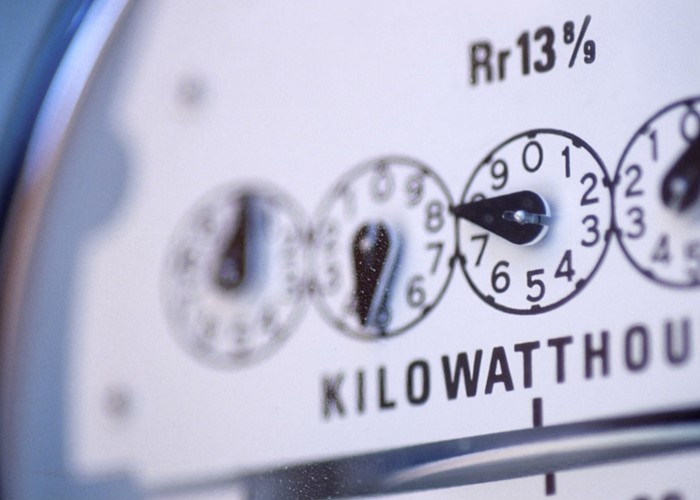DECC debunks energy myths

DECC has cleared up some 'energy saving' myths, to help homes save on their bills
Halloween may now be behind us, but according to the Department of Energy and Climate Change (DECC), our homes are subject to vampires of a very different kind: energy-sucking gadgets.
It turns out that, on average, households spend up to £86 a year as a result of leaving gadgets and appliances on standby.
Obviously, the easy way to save on that cash is simply to ensure that when a gadget isn't in use, it's switched off properly. But the DECC has also debunked a number of 'energy saving' myths to help you cut down your bills further.
Myth: computer screensavers save energy
In short, they don’t. Screensavers still consume energy so the best way to cut your energy bill is by switching off your monitor or computer completely.
Myth: There’s nothing you can do to reduce the amount of energy your fridge, freezer and washing machine uses
You can, it is just a case of changing the settings. Try:
- Closing your fridge door straight away to stop hot air getting in. This means that the fridge won’t use more energy trying to cool itself down
- Using the eco setting on your white goods
- Check the energy rating when you buy new appliances
Myth: LED light bulbs will cost you more
A single LED bulb lasts around 50 times longer than a traditional light bulb, meaning that you spend 80% less. An LED light bulbs costs around £9.30 and will last five and a half years if you leave it running constantly. The cost of traditional light bulbs over the same timespan would cost you around £135.
Myth: It’s a hassle to switch energy suppliers
Even though it can seem a little dull, switching supplier can only take about 45 minutes. Don’t know where to start? Head over to the lovemoney gas and electricity comparison centre and put in a couple of details; we’ll guide you from there.
Compare gas and electricity tariffs with lovemoney.com
More on energy:
E.ON launches cheapest energy tariff
Flow Energy: can an electricity-generating boiler cut your energy bills?
Home Heat Helpline: £310m help for those struggling with energy bills
Comments
Be the first to comment
Do you want to comment on this article? You need to be signed in for this feature